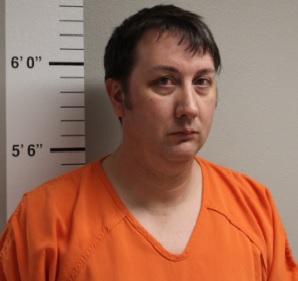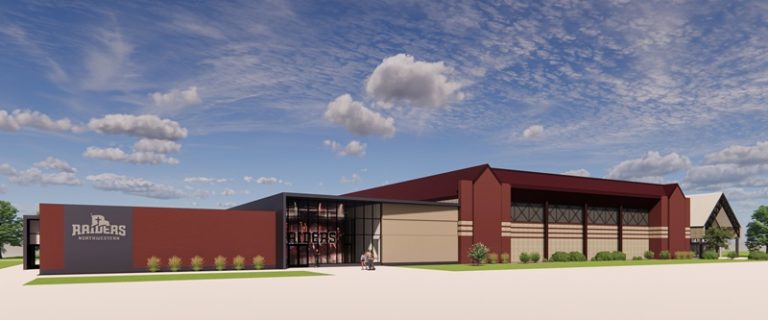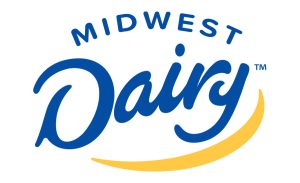Northwest Iowa — February is American Heart Month. And doctors at Avera Health say it’s a perfect time to review heart health basic facts, know your numbers, and know your risk factors so you know how to proceed.
Dr. Sherrie Brooks is a cardiologist with North Central Heart, a division of Avera Health. She gives us some of the risk factors for heart disease.
(as said:) “They can be either modifiable or non-modifiable and some of the modifiable ones or the or the ones that we can control are things like smoking, high cholesterol, uncontrolled blood pressure, obesity, inactivity, uncontrolled stress, anxiety, depression, and poor diet… and also alcohol use.”
She says there are also some factors that you can’t do anything about, and having more of these means you have to watch the ones you can do something about more closely.
(as said:) “Increasing age… so as we get older, we have an increased risk of developing heart disease regardless. Male gender tends to have an increased risk over females, up until menopause at least… family history of heart disease, for women being postmenopausal is a risk factor for heart disease, and then also race can also be a risk factor in that African Americans American Indians, and Mexican Americans are more likely to have heart disease compared to our caucasian counterparts.”
Dr. Brooks tells us there are some warning signs that you need to get medical treatment immediately.
(as said:) “Obviously if they get chest pain or pressure… chest discomfort in the front part of their chest, but it can also be between the shoulder blades and in the back between the shoulder blades, arm pain, neck pain, jaw pain, toothaches that are associated with other kinds of symptoms like shortness of breath, difficulty in breathing, shortness of breath when you’re trying to do things, nausea, lightheadedness, dizziness, weakness, increased fatigue over a certain amount of time…. all of those things are warning signals that need to be attended to.”
She says one of the screenings they have is another good indicator that something needs to be addressed. One of the things it does is figure your calcium score.
(as said:) “Planet Heart’s a really good screening tool that we have in our arsenal that helps us and the general public and it’s pretty inexpensive. The other things that we do or we use when people have heart disease are medications… any patient who’s had a heart attack would tell you that aspirin is probably one of the biggest components of their regiment that they need to take after a heart attack. Obviously. we have stenting, an angiogram or angiogram with stenting as well as angioplasty. We don’t do angioplasty so much anymore unless it’s accompanied with stenting. Although we do use it. We just do stenting a lot more often than just plain angioplasty. So those are some of the tools that we have and it starts with good screening again like Planet Heart.”
She says that cardiac disease is the number-one killer in the United States, so we all need to be aware of our family risk history. For more information and to find out how to get screened, you can call your medical provider.












